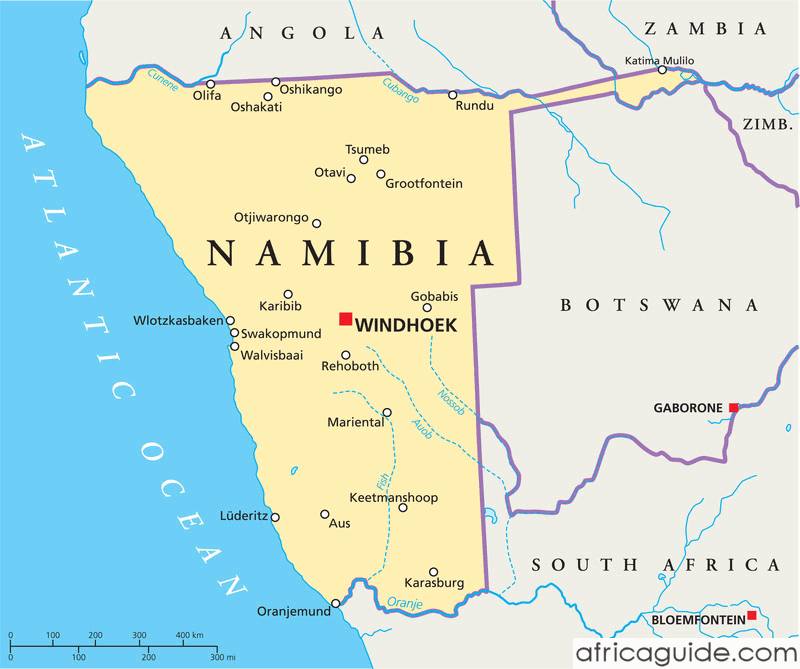


Less commonly, being around someone sick with hantavirus (only occurs with Andes virus).Breathing in air or accidentally eating food contaminated with the urine, droppings, or saliva of infected rodents.Touching blood, body fluids, or tissue of infected livestock.Touching the body fluids of a person or animal infected with CCHF.Wading, swimming, bathing, or washing in contaminated freshwater streams, rivers, ponds, lakes, or untreated pools.Drinking water or eating food contaminated with animal urine.Swimming or wading in urine-contaminated fresh water, or contact with urine-contaminated mud.Touching urine or other body fluids from an animal infected with leptospirosis.

1Ĭlinical Guidance for Healthcare Providers Required if traveling from a country with risk of YF virus transmission and ≥9 months of age, including transit >12 hours in an airport located in a country with risk of YF virus transmission. Recommended for most travelers, especially those staying with friends or relatives or visiting smaller cities or rural areas. Since children are more likely to be bitten or scratched by a dog or other animals, consider rabies vaccination for children traveling to Namibia. Veterinarians, animal handlers, field biologists, or laboratory workers handling animal specimens.Campers, adventure travelers, or cave explorers (spelunkers).Travelers more likely to encounter rabid animals include If you are bitten or scratched by a dog or other mammal while in Namibia, there may be limited or no rabies treatment available.Ĭonsider rabies vaccination before your trip if your activities mean you will be around dogs or wildlife. Rabid dogs are commonly found in Namibia. This dose does not count as part of the routine childhood vaccination series. Infants 6 to 11 months old traveling internationally should get 1 dose of measles-mumps-rubella (MMR) vaccine before travel. Talk to your doctor about which malaria medication you should take.įind country-specific information about malaria.Ĭonsiderations when choosing a drug for malaria prophylaxis (CDC Yellow Book) Depending on the medicine you take, you will need to start taking this medicine multiple days before your trip, as well as during and after your trip. Recommended for unvaccinated travelers of all ages to Namibia.ĬDC recommends that travelers going to certain areas of Namibia take prescription medicine to prevent malaria. Unvaccinated travelers who are over 40 years old, immunocompromised, or have chronic medical conditions planning to depart to a risk area in less than 2 weeks should get the initial dose of vaccine and at the same appointment receive immune globulin. Travelers allergic to a vaccine component or who are younger than 6 months should receive a single dose of immune globulin, which provides effective protection for up to 2 months depending on dosage given. The dose does not count toward the routine 2-dose series. Infants 6 to 11 months old should also be vaccinated against Hepatitis A. Recommended for unvaccinated travelers one year old or older going to Namibia. Some of these vaccines includeĮveryone 5 years of age and older should get fully vaccinated for COVID-19 before travel. Make sure you are up-to-date on all routine vaccines before every trip. Clinical Guidance for Healthcare providers


 0 kommentar(er)
0 kommentar(er)
